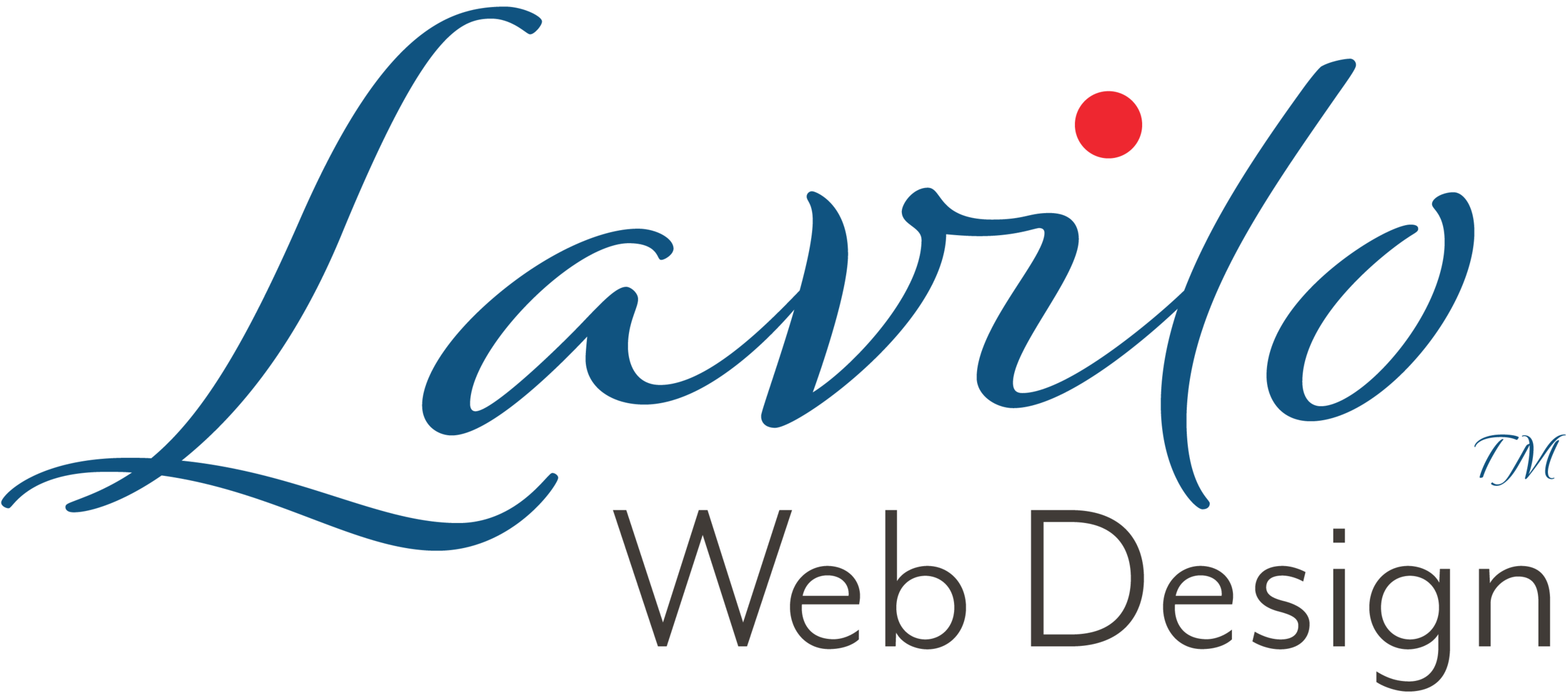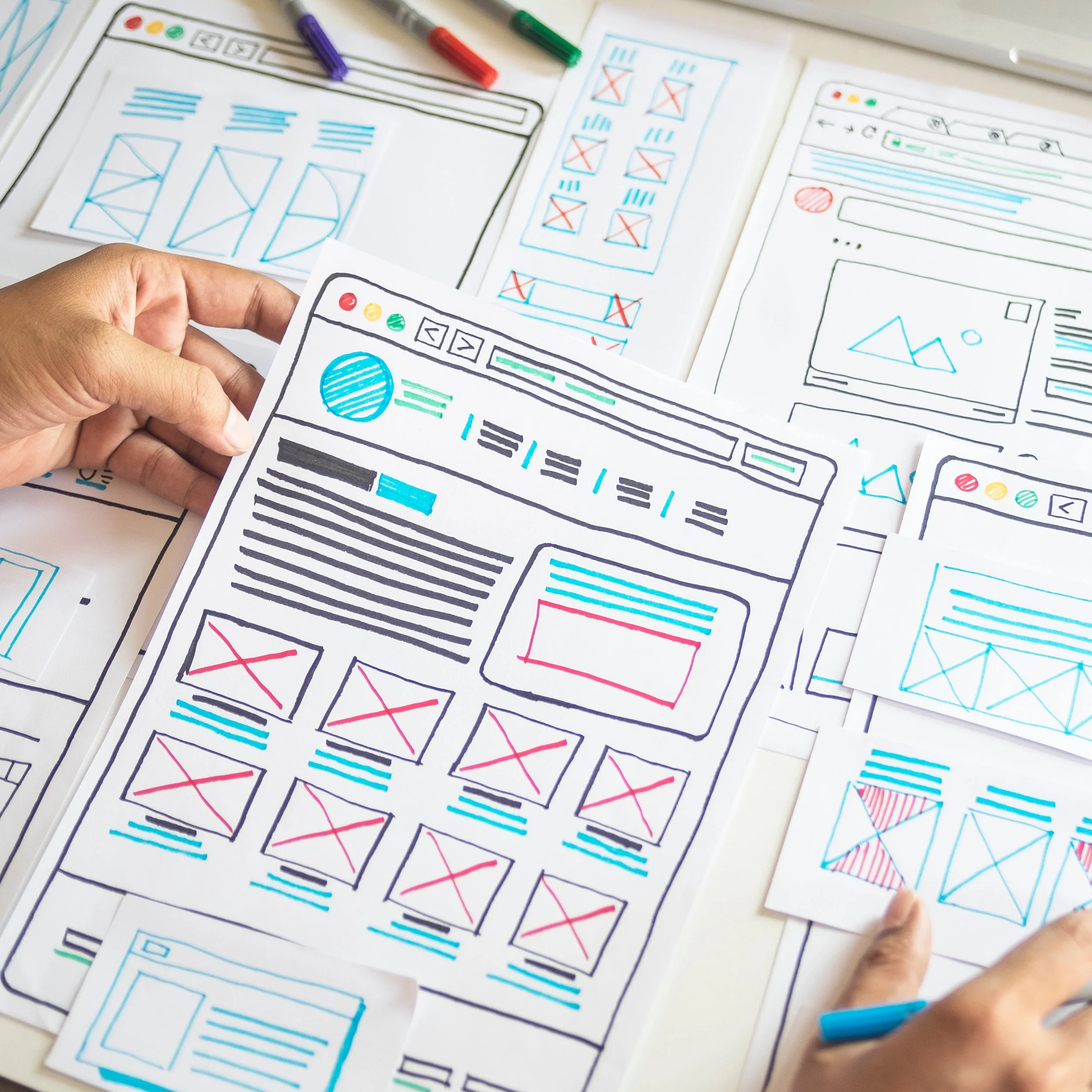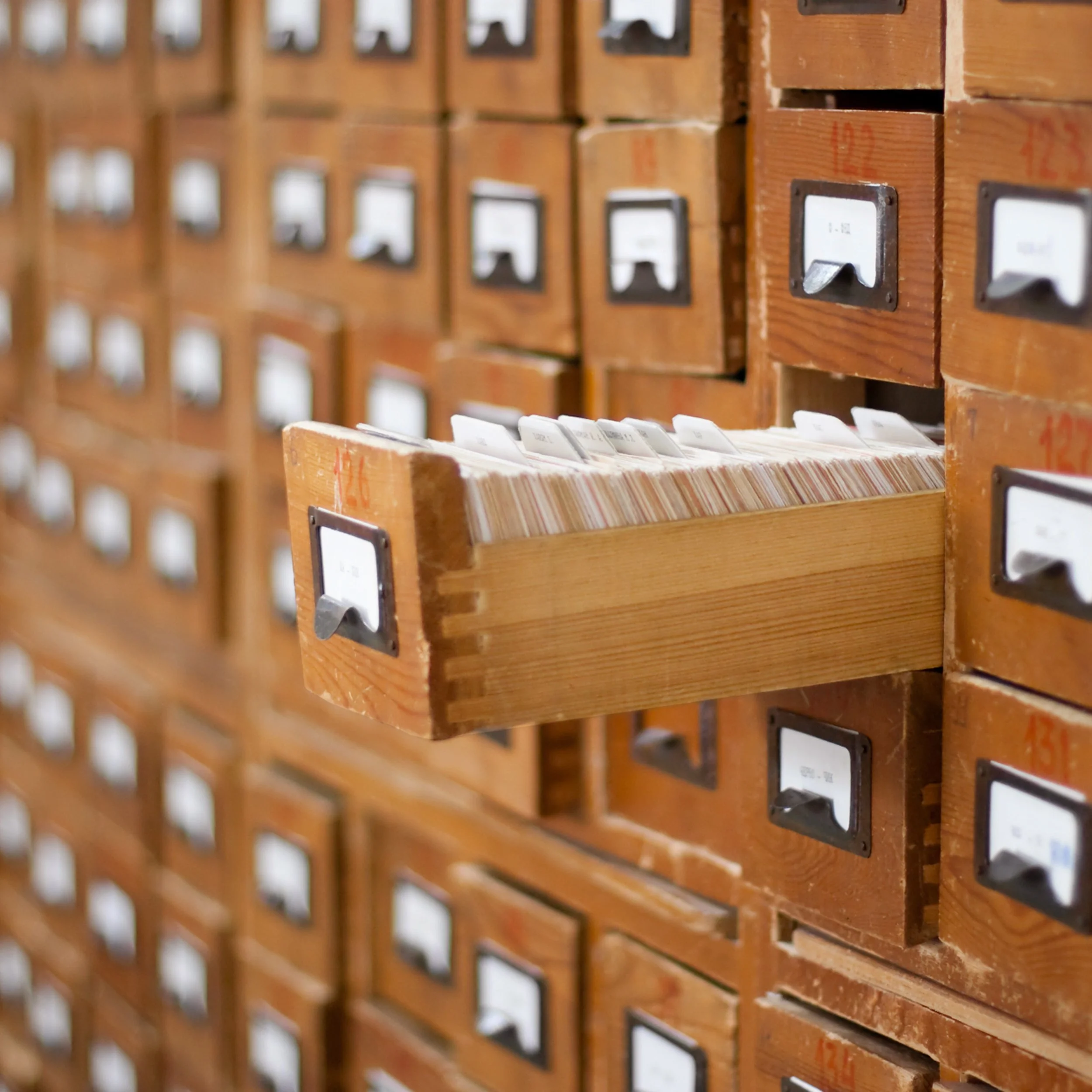How Much Is Your Business Worth?
How much money you get for your company depends on what you sell, who your buyer is, and the amount of profit your business makes annually.
Before selling our last house years ago, I asked our real estate agent how much our home was worth. She looked at me and said, "I can run you comps from other sales in your neighborhood, but that will only be a guide. You will only know what your home is worth when a willing buyer agrees to purchase your house at a certain price."
Since small businesses are not traded on a public stock exchange, there is no market price for them until you find a willing buyer who agrees to buy your business.
How much money you get for your company depends on what you sell, who your buyer is, and the amount of profit your business makes annually.
What Are You Selling?
When valuing a company, the question of what you are selling is often overlooked. But in my experience, it is one of the most fundamental questions because the business of event planners, accountants, or graphic designers is very different from app developers, manufacturers, or retailers. Here are a few specifics for each category.
Service businesses sell a list of loyal customers. Service businesses are generally asset-light, meaning that they do not require expensive machines to produce their output (events, tax forms, logos). They usually only need computers, desks, and chairs to operate. Also, their skillsets are standardized and readily available in the market as universities offer degrees in these professions. In addition to their brand and trademark, companies mainly sell their contact list of loyal customers that could be of value to a potential buyer.
App developers sell their app's revenue potential. Fortunately for many software companies, they don't have to buy expensive servers to develop and market their apps. Instead, these companies flexibly rent on demand what they need from cloud-computing service providers, such as Amazon Web Services, Microsoft Azure, or Google Cloud. Although app developers are asset-light, they require employees with diverse skills to write, market, and maintain these apps. When app developers sell their business, they often emphasize the revenue potential their app could generate in x-number of years and their subscription growth rate. But it is crucial for a buyer to retain their most important asset — their employees.
Manufacturers sell know-how, market position, and machines. Some manufacturing businesses can be very asset-heavy when they require expensive machines to produce their goods. Sometimes, their manufacturing process is proprietary and patented. The company may also employ staff with unique, difficult-to-replace skills. Companies in this category usually sell their manufacturing know-how and market position in addition to their brand, trademark, and customer list. The more defensible their market position is, for example through patents, the higher the value to a potential buyer.
Retailers, who own their store's real estate, may sell it. Retailers are not as straightforward as it might seem at first glance. A crucial consideration is whether they own the real estate of their physical store or warehouse or rent it. If they owned the property, would they sell it as part of their business?
Who Is Your Ideal Buyer?
Who your ideal buyer is depends on your goals and payment terms. A potential buyer motivated to continue your business may differ from someone only interested in your customer list, patents, or real estate.
A buyer wanting to run your company may struggle with an upfront payment but would prefer a payment plan that aligns with the company's cash flow.
However, a buyer interested in only specific assets or the customer list would pay upfront but dissolve the company after transferring the valuable portions of the assets.
Small business entrepreneurs often struggle to find a suitable buyer when they decide to sell their company. An unexpected health event could trigger such a sale. But generally, it is the owner's age and desire to retire.
If your goal is to retire and want a buyer to continue operating your business, you have to start grooming a replacement five to ten years earlier.
Hire several associates and teach them the business. Some will leave, but hopefully, one will love your work as much as you do, potentially wanting to take it over when you retire.
What Should Your Asking Price Be?
Companies are usually valued in multiples of earnings. What that means is that a potential buyer pays, for example, five times the amount of your annual profit (earnings). But why five times and not ten times the profit?
Multiples are different for every industry and business type. App developers can have a higher or lower multiple than manufacturers, retailers, or event planners. Like the value of your home depends on your neighborhood, some businesses are more sought after than others.
Multiples vary depending on the type of revenue you have. For example, repeat business, so-called sticky revenue, is valued higher than sales you have to earn every time. So, it pays to maintain a loyal customer base.
These caveats considered, a typical valuation range is four to eight times annual profits. Businesses with riskier revenues often gravitate towards four-times earnings, while companies with stickier revenues, such as subscriptions, can get higher multiples of six to eight times annual profits.
Add the value of your tangible assets. Tangible or physical assets include cash, inventory, vehicles, equipment, real estate, and investments. They do not carry a multiple.
Finally, deduct your liabilities. Liabilities refer to your debt or, in general, the amount you owe, such as bank loans, credit card debt, gratuities, unreimbursed employee expenses, and sales tax.
Although this valuation methodology is very general and little refined, it clearly shows what determines the value of your business: It's you, how you run your business, how you retain your existing customers, how you grow, and how much profit you make.
These are all intangibles, but they can represent a tremendous value to potential buyers, which is reflected in the multiple they are willing to pay.
It is no coincidence that this premium is called goodwill.











